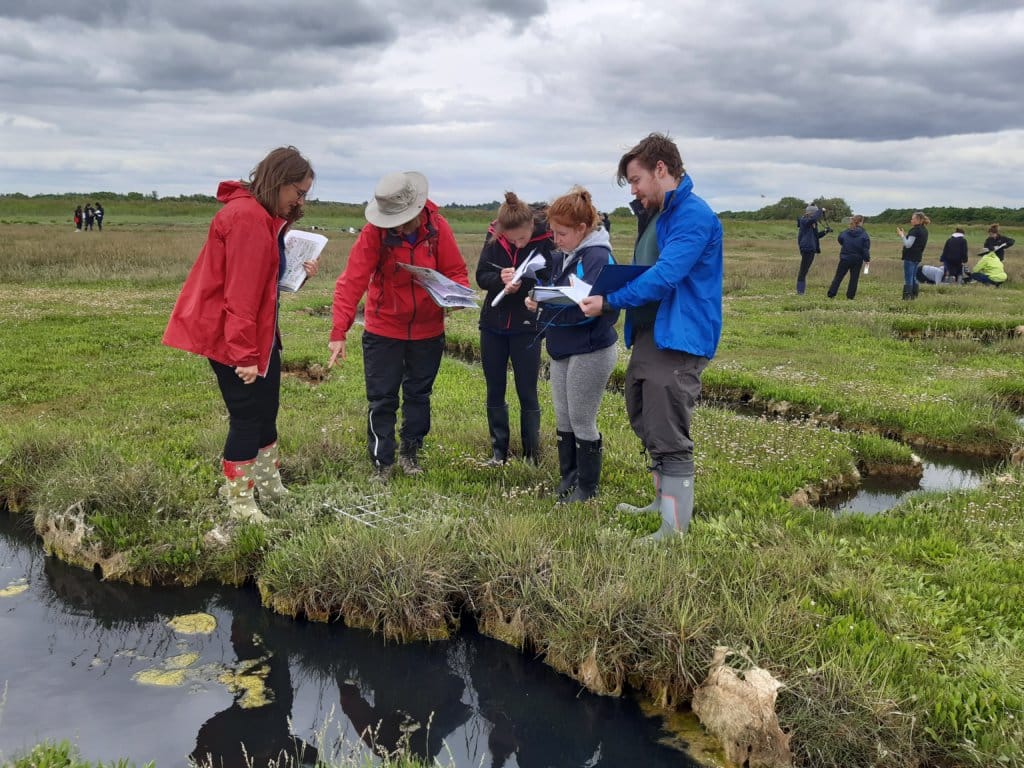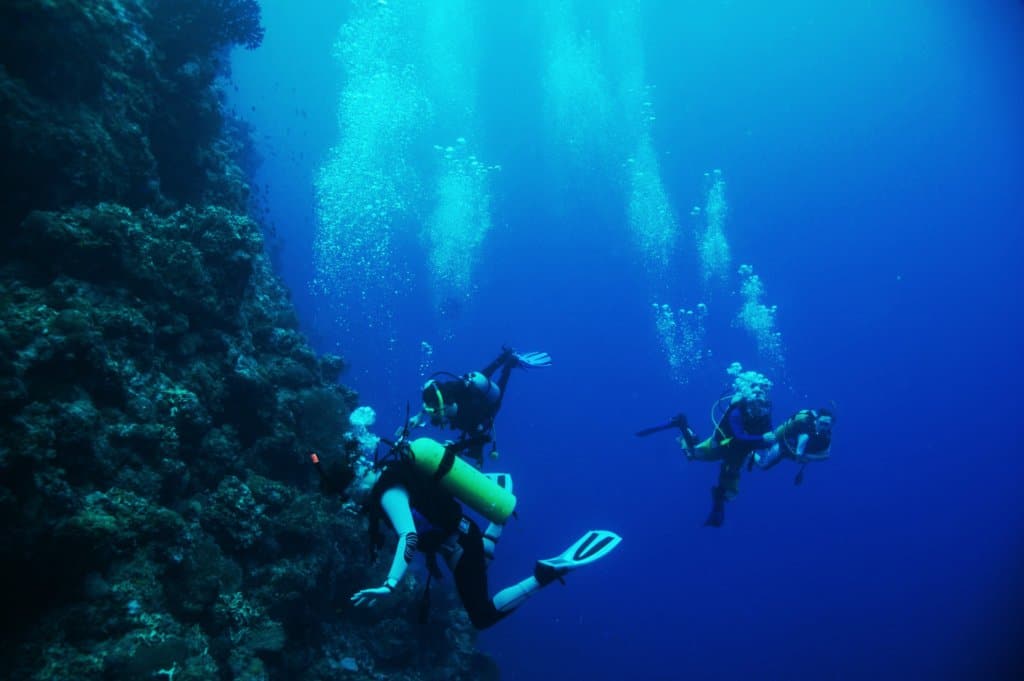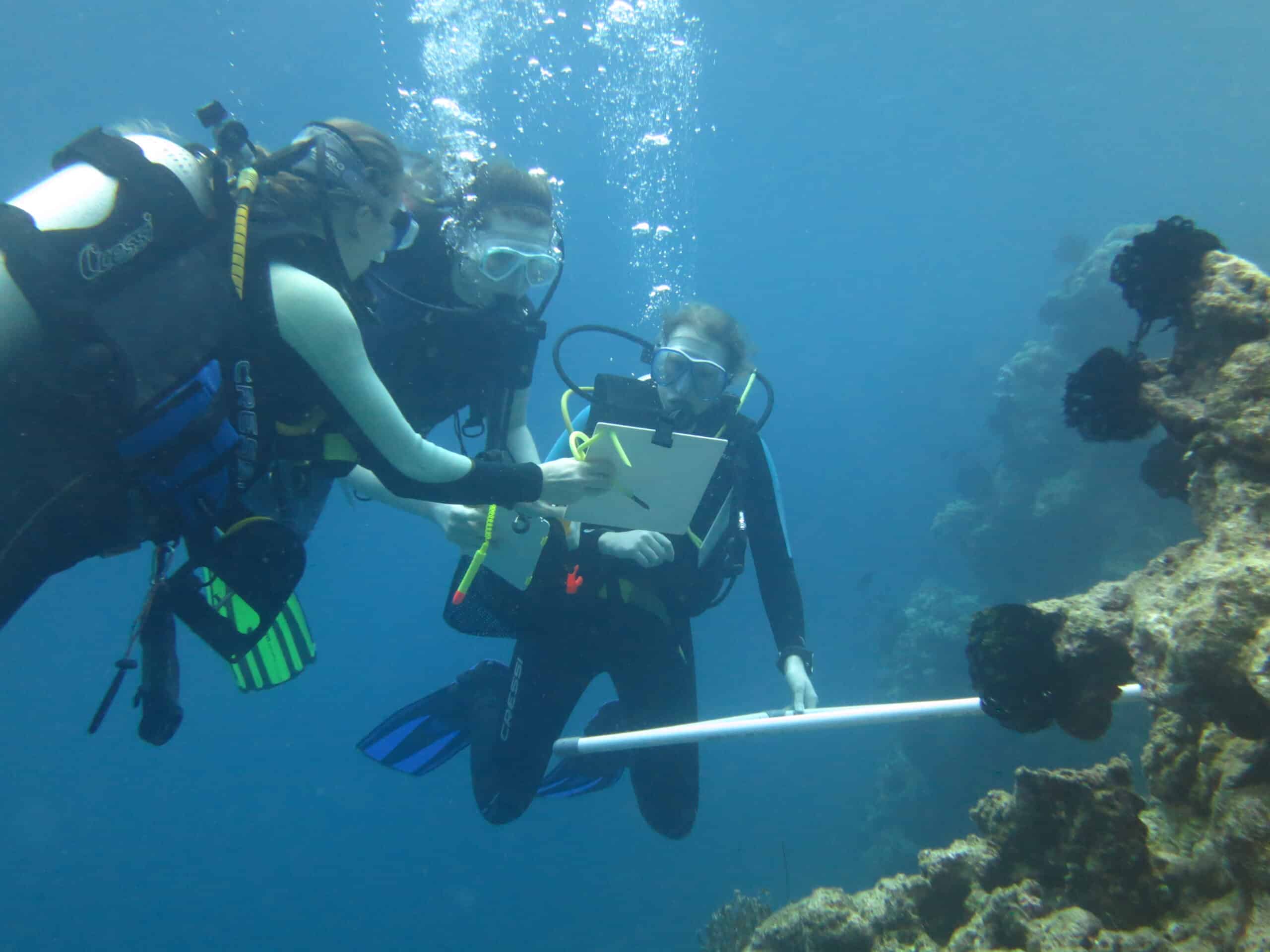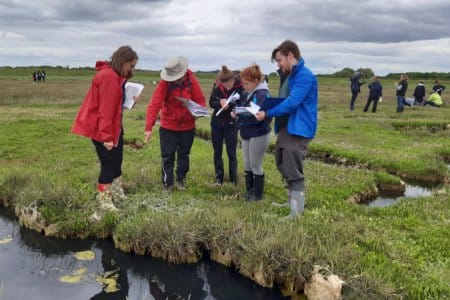Curiosity-invoking. Boundary-pushing. Inspiring. These words describe the study experience at the University of Essex. Home to the curious, brave and bold, the university is a young and growing institution working tirelessly to produce a new generation of environmental champions by providing them with a dynamic and forward-thinking curriculum in the School of Life Sciences.
Environmental science courses at Essex have impressive levels of student satisfaction. BSc Marine Biology graduate Drew Henderson explains: “The Colchester Campus has a special, unique feel to it. For me, this made it the ideal environment to study and socialise in. I met many amazing, inspiring people and made lifelong friendships.”
Since its inception in 1964, the University has welcomed students from over 140 countries and currently delivers a transformational education to more than 17,800 students. Located close to several Sites of Special Scientific Interest (SSSIs), including the Essex salt marshes yet within easy reach of London, the University takes pride in both its teaching and research excellence. Not only is its Colchester Campus well-equipped with modern facilities that spark curiosity, such as high-throughput genetic sequencing, new facilities for environmental chemistry, and new research aquaria, students are also supported by internationally recognised academics who are at the forefront of research in their respective expertise.
Student-focused, research-led and engaging faculty members

With research being the core of these programmes, the University stays true to their commitment that fieldwork should underpin the curriculum at the School of Life Sciences. Source: University of Essex
At Essex, students can pursue a broad range of undergraduate and postgraduate courses within the School of Life Sciences. These include BSc Ecology and Environmental Biology, BSc Marine Biology, the innovative new BSc Global Sustainability, as well as MSc Tropical Marine Biology and MSc Marine Science and Sustainable Development at postgraduate level.
These courses are student-focused and research-led. Fieldwork is integrated into the curriculum, as are up-to-date research skills that are demanded by employers and required in modern research programmes. These include analytics, data science, programming and bioinformatics set in the environmental context, as well as molecular biology and analytical techniques in the laboratory. Pair these laboratory and computational skills with hands-on research in the field, and Essex students quickly evolve into well-rounded graduates capable of taking on independent careers in the environmental sector.
What’s more, courses are delivered by passionate faculty staff who continuously strive to make an impact in their communities across various fields – coral reef conservation, aquaculture and maritime technology, to name a few.
Students are part of this research community. They work alongside the academics and research staff in shared laboratories, using the same facilities that underpin the University’s research — an experience that leads to transformative training.
Essex is ranked 21st in the UK for Biology in The Guardian University Guide 2023 and is 16th in the UK for overall student satisfaction for Ecology and Environmental Biology (NSS 2022). The School is also Top 250 for Life Sciences in Times Higher Education World University Rankings by Subject 2023; a huge international achievement. Drew Henderson agrees. He found his time at the School of Life Sciences fun and fulfilling. Staff were “highly supportive and always happy to help with any concerns.”

The University of Essex holds a high standard in research and offers students opportunities to participate in the research community. Source: University of Essex
Enriching and impactful
Essex students are set to make a difference. The University is in the Top 100 in the global Times Higher Education Impact Rankings 2022. At the School of Life Sciences, students and staff aim to improve the health of the planet and combat the linked climate and biodiversity crises. Pioneering environmental research and engagement with industry as well as other private and governmental stakeholders make this possible — with two new unique degrees to aid in this goal.
New courses BSc Global Sustainability and MSc Marine Science and Sustainable Development draw from expertise across the University, in science, policy, law, psychology and economics. The former, like most Essex undergraduate degrees, includes an option for a foundation year for those lacking suitable level 3 qualifications, as well as either a year abroad or a placement year. The MSc Marine Science and Sustainable Development also includes a work placement as part of the course.
Experiential learning is a big part of an Essex education — where one can prepare for future careers or even reach for the stars like MSc Biotechnology graduate Anushree Srivastava did.
“I’m part of a team trying to simulate a real Mars mission in the Utah Desert to understand what it would be like to live and carry out scientific research on Mars. I am performing scientific research which has significant implications to search for life on Mars,” she says. “Immediately after graduating from Essex, I found my dream job, studying ancient salt deposits from an astrobiological perspective and I became Crew Biologist on The Mars Society’s Mars 160 Twin Desert-Arctic Analog Mission.”
Follow the University of Essex on Facebook, Instagram, Twitter and YouTube












